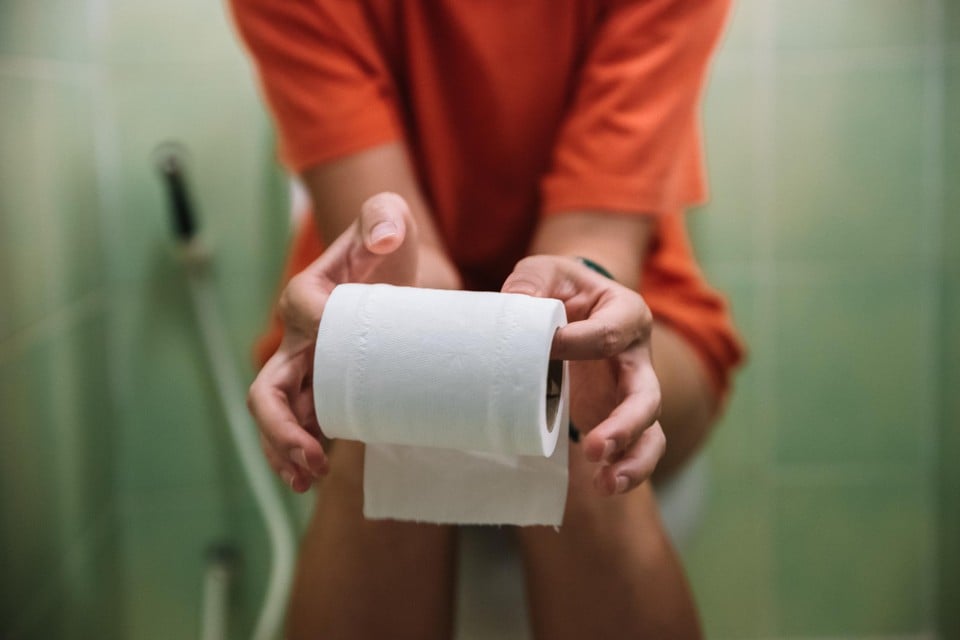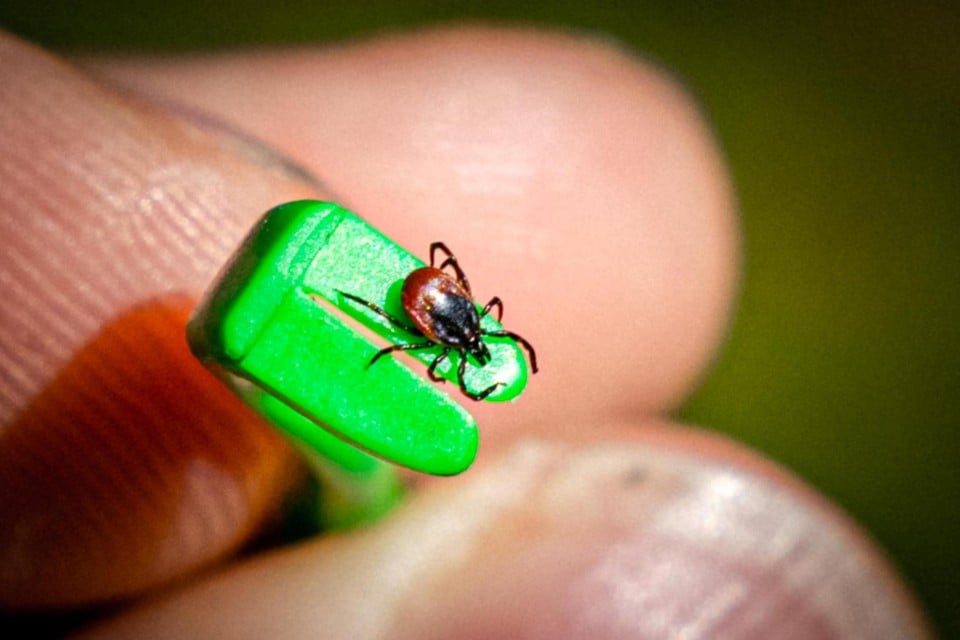Taboo on incontinence people keeps away from help for more than six years on average

© Getty Images
Incontinence affects about one in three people, spread over all ages. Nevertheless, people with incontinence or peeing problems await on average six and a half years before they seek medical help. That finding is central to the start of the World Continence Week, which starts on Monday. Under the motto ‘Never too late’, the Belgian pee vzw and the Dutch pelvic floor4all draw attention to the often concealed problems.
Source: Belga
Today at 7:06 AM
According to urologist An-Sofie Goessaert (UZ Gent), chairman of Plasprraat vzw, shame is often at the basis of the long delay. « A lot of people are waiting for a long time out of shame and therefore they lack help, isolate themselves and end up in social isolation. » The misunderstanding that urine loss is also part of the aging. « With age, the risks indeed increase, but that does not mean that nothing can be done about it. »
In addition to incontinence, there are also other forms of peeing problems, such as the overactive bladder, in which patients suddenly feel urge and haste themselves to the toilet. « If people start to avoid their daily activities out of fright for accidents, there is clearly a problem that needs to be tackled, » says Goessaert.
There are now numerous treatments. « With the majority of patients, we can easily get the problem under control with pelvic floor kinesi therapy, nerve stimulation or medication, » says Goessaert. « In addition, there are more specialized techniques such as botox injections or implantable nerve stimulators. We can often control the problem well so that people can resume their lives. »
To better guide patients, the ‘Patient Decision Aid’ for overactive bladder was recently developed. « Thanks to this choice aid, patients can go through all the information discussed during the consultation at home. For example, they are better informed, they can ask questions more specifically and together we choose the treatment that suits them best. »
Prevention
In addition to medical care, prevention is also important. Many people do not know what healthy drinking and pee behavior is. « During the day we drink 1.5 to 2 liters between breakfast and dinner, » explains Goessaert. « Those who often have to pee at night drinks less in the evenings. The toilet behavior itself also plays a role: sitting in the toilet, peeing without pushing, and preferably sitting peeing – also for men – helps the pelvic floor optimally support and let the bladder run out smoothly. »
The problem is not limited to adults. Also with children sometimes wrong habits arise, partly due to poor hygiene in school toilets and insufficient drinking moments. « If children do not drink or urinate enough during the day, it can later lead to problems. »
Public toilets
The never too late campaign also requires attention for public toilets. « More public toilets would help a lot of people, » says Goessaert. « That is not treatment, but it makes their lives much easier and prevents social isolation. »
As a symbolic starting action, Manneken Pis will temporarily stop peeing on Monday. Through the hashtag #nittelaat, the organizations call people to make the subject negotiable.








